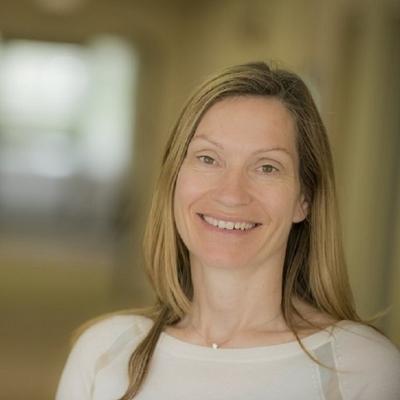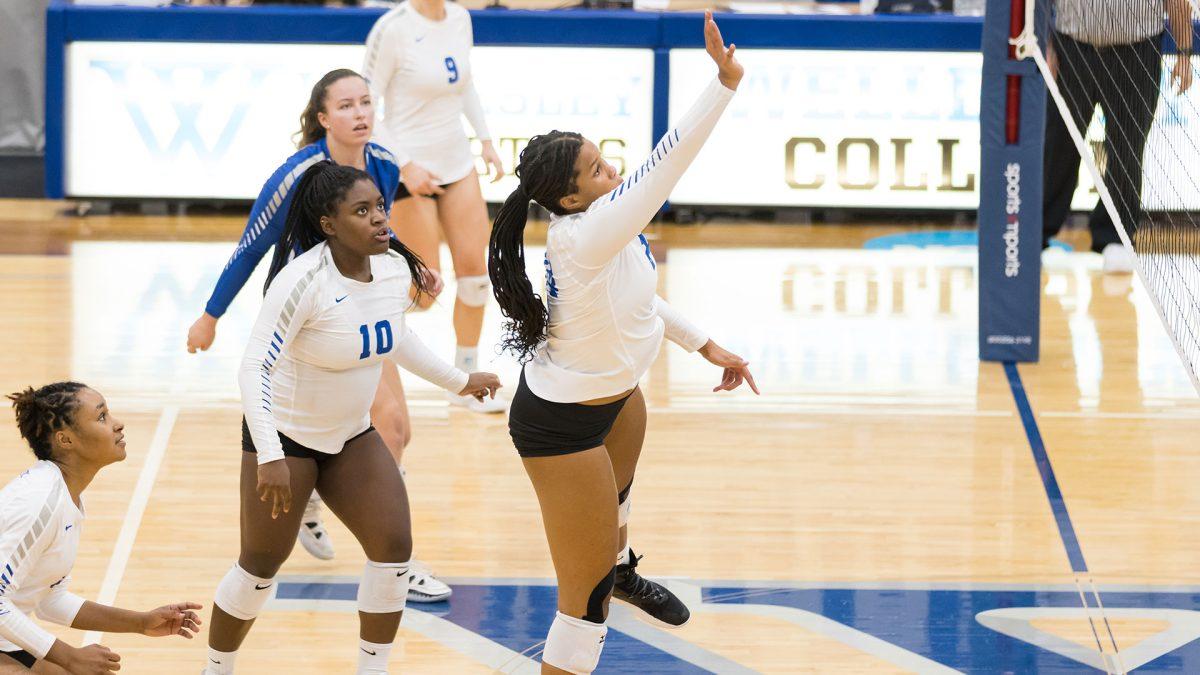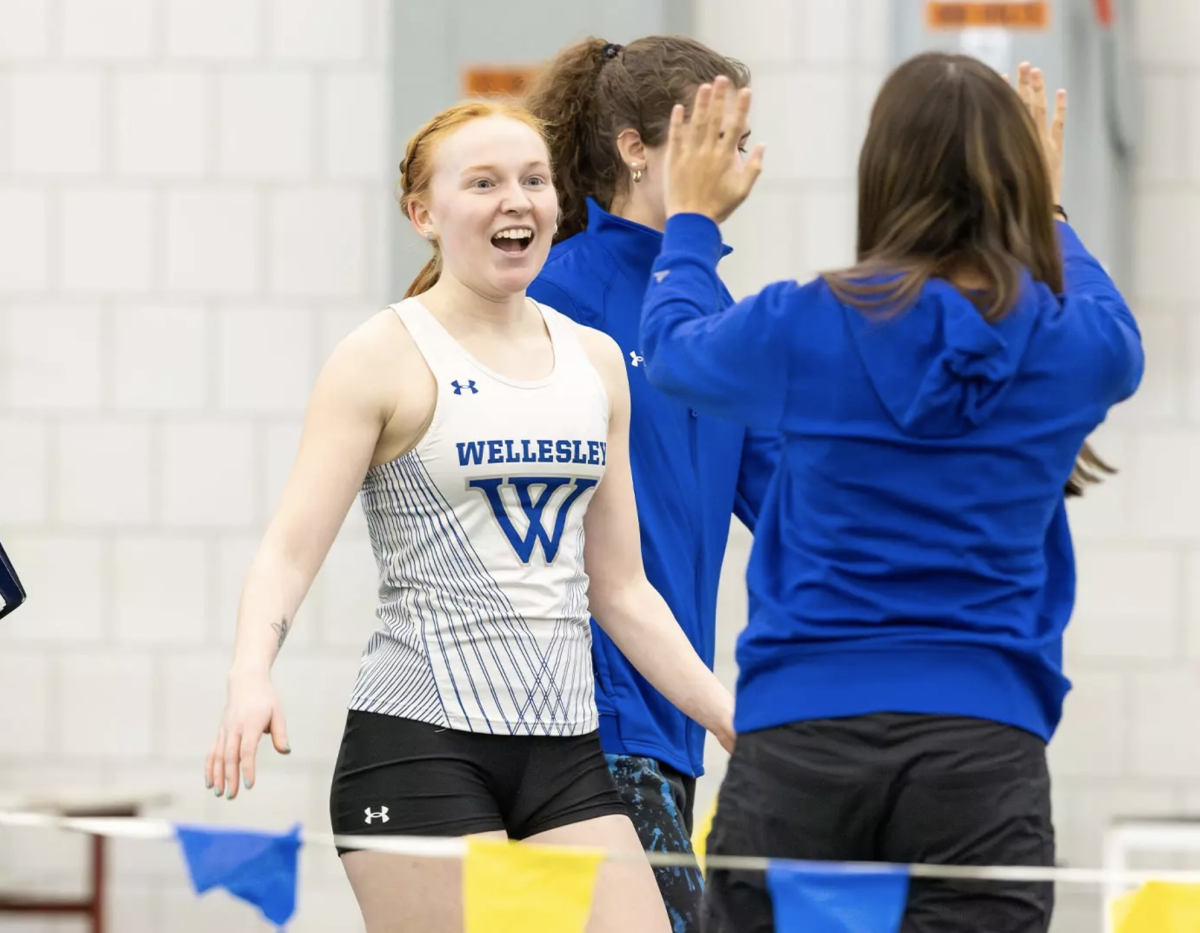“Food” has become a buzzword on Wellesley’s campus over the past year. From the ongoing demands from WAMI and other student organizations to stop the College’s partnership with AVI Fresh to the recent announcement of the closing of Pomeroy Dining Hall, food and nutrition have been analyzed from all different angles. It seems like the only place these discussions cannot be found across Wellesley’s campus is the course browser ー the word “food” is listed six times and the word “nutrition” is not listed at all. Fortunately, Wellesley’s nutritionist can fill in some of those gaps in the curriculum.
Barbara Southcote, Wellesley nutritionist, started at the College as a member of Health Services in 2016 before taking her current position in the Office of Student Wellness. Her philosophy on food and nutrition is simple.
“A balanced and holistic approach to nourishing your body happens when mind and body come together to signal your body has been adequately nourished,” Southcote said. “Eating should be one of the most natural things we do, yet many may struggle when faced with the simple act of nourishing ourselves because of a confluence of factors, both external and internal. Unfortunately for many, the foods and quantities we choose are often dictated by will power and the goal of weight loss.”
These factors resonate all too well with some students on campus, causing folks to try new forms of dieting. Southcote advises that “when it comes to eating, throw away the rule book. The old approach of accepting restrictive and punishing diets as the norm and shaming others into losing weight in the name of ‘health’ not only does not work, but actually makes people less healthy. Weight is not indicative of health and focusing on weight as a health criterion is often harmful.” Those in the Office of Student Wellness are making a point to eliminate the weight stigma on campus, and are celebrating body diversity of the greater community.
Other factors that influence relationships with food are linked to the connections between food production and climate change. Many students have shifted to a vegetarian or vegan diet to protest the mass production of meat and its poor regulation. In 2020, the World Resources Institution determined that 11% of annual greenhouse gas emissions are attributable to animal agriculture. As the College seeks to reach a more carbon neutral campus, Southcote says that it is important to keep in mind that vegetarian diets are sometimes difficult for folks to achieve.
“While I think it is a good idea to be open to trying new foods, for a variety of reasons, texture, taste, temperature, mood, to name a few, eating new foods for some is not always easy,” said Southcote. “Working toward a more sustainable campus is a laudable goal. However, we must be cautious not to shame, judge nor alienate any student who may not eat a lot of plant-based foods.”
An alternative for not only the College, but all people, is to shop and eat carefully when it comes to meat. There are still plenty of local farms that sell sustainably grown animal products, but large Concentrated Animal Feeding Operations (CAFOs) that supply most of the world’s meat products are driving small farms out of business. Some issues with plant-based foods are also coming to the forefront of nutrition with companies manufacturing fake meat with a variety of chemicals that attempt to recreate the flavor and even the bleeding of meat products. At that point, eating organic grass fed red meat and free range poultry is probably better for you and the environment
There are a variety of other factors to consider when deciding what makes it onto your dinner plate. Southcote referenced the eight dimensions of wellness that interact with each other: physical, social, emotional, intellectual, environmental, financial, occupational and spiritual. Southcote said, “For example, eating with others impacts our social well-being, sharing meals can also be part of our religious well-being, and so forth. Translation: food is important and certainly plays a role in your overall health and well-being, but it is only one of several components of wellness, and it is impacted both positively and negatively by other aspects of your wellness.”
There are a few other tips that Southcote had to offer about navigating your personal journey with food:
- Self-care over self-control: “Balanced nutrition is eating foods from different food groups, eating a rainbow of colors, eating foods you enjoy, satisfying your hunger and eating foods that provide your body with the energy and nutrients it needs to grow and thrive.”
- Avoid categorizing food: “Just as there are no ‘good’ or ‘bad’ foods there is no right or wrong way to eat. One thing is certain; our relationship with food is complex. Nutrition is a science, but food is personal. Labeling foods as good or bad, or clean or dirty, is dieting by another name and dieting is the most important predictor of developing an eating disorder.”
- Assess your hunger: “What are you hungry for? A meal, a snack, a drink of water, an activity, change of scenery, a hug? We all experience hunger differently on different days. There is no right way to experience hunger. When you are hungry, choose an amount and types of food that will fill you up. Be guided by how your body feels and responds to food rather than what you think you are supposed to eat. On those days when you are super busy or distracted, it may be difficult for your body to accurately communicate hunger signals.”
Students can schedule a one-on-one meeting with Barbara Southcote by reaching out directly at bsouthco@wellesley.edu, or by completing the consultation form found on the Office of Student Wellness website. Please note that Southcote is only available for consultations during the academic year. Southcote can also refer students to off campus resources.







